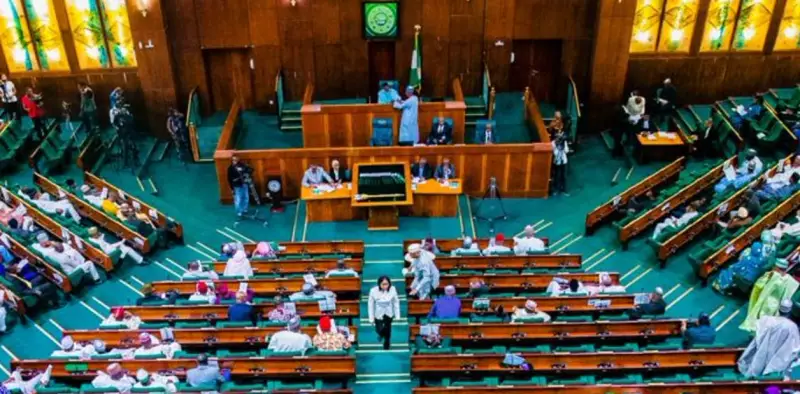
In a groundbreaking move that could reshape Nigeria's economic landscape, the House of Representatives has passed a revolutionary bill requiring all raw materials to undergo at least 30% local value addition before being exported from the country.
The legislation, championed by Rep. Ossai Nicholas Ossai from Delta State, represents one of the most significant economic reforms in recent Nigerian history. The bill specifically targets solid minerals and other natural resources that have traditionally been exported in their raw, unprocessed state.
Transforming Nigeria's Economic Destiny
This bold legislative action aims to fundamentally shift Nigeria from being a mere exporter of raw materials to becoming a manufacturing and processing hub. By mandating local value addition, the government seeks to create millions of jobs, stimulate industrial growth, and retain more economic value within the country.
"This bill will ensure that we no longer export jobs along with our raw materials," explained a senior legislative aide familiar with the proceedings. "We're finally taking concrete steps to industrialize our economy and maximize the benefits of our natural resources."
Comprehensive Coverage Across Key Sectors
The legislation encompasses a wide range of natural resources including solid minerals, agricultural products, and other raw commodities. Companies operating in sectors such as mining, agriculture, and extractive industries will need to establish processing facilities within Nigeria or partner with local processors.
Industry experts predict this move will attract significant investment in processing plants, manufacturing facilities, and value-added industries across the country. The bill also includes provisions for technology transfer and skills development to support the new industrial ecosystem.
Implementation Timeline and Compliance Framework
While the bill has cleared the House of Representatives, it now moves to the Senate for concurrence before being transmitted to the President for assent. Sources indicate that once enacted, businesses will be given a reasonable transition period to establish the necessary processing capabilities.
The legislation establishes a robust monitoring and enforcement mechanism to ensure compliance. Regulatory agencies will be empowered to conduct regular audits and impose significant penalties on companies that fail to meet the 30% value addition threshold.
Economic Implications and Global Positioning
This strategic move aligns Nigeria with other resource-rich nations that have successfully transitioned from raw material exporters to industrial economies. Countries like Indonesia and Malaysia have implemented similar policies with remarkable success in boosting domestic manufacturing and creating sustainable economic growth.
Economic analysts project that the policy could increase Nigeria's GDP by billions of naira annually through value retention, job creation, and industrial expansion. The move is also expected to reduce the country's vulnerability to global commodity price fluctuations.
As Nigeria positions itself for economic transformation, this legislation marks a decisive break from the resource curse that has plagued many African nations. The successful implementation of this policy could serve as a model for other resource-rich developing countries seeking to maximize the benefits of their natural endowments.





